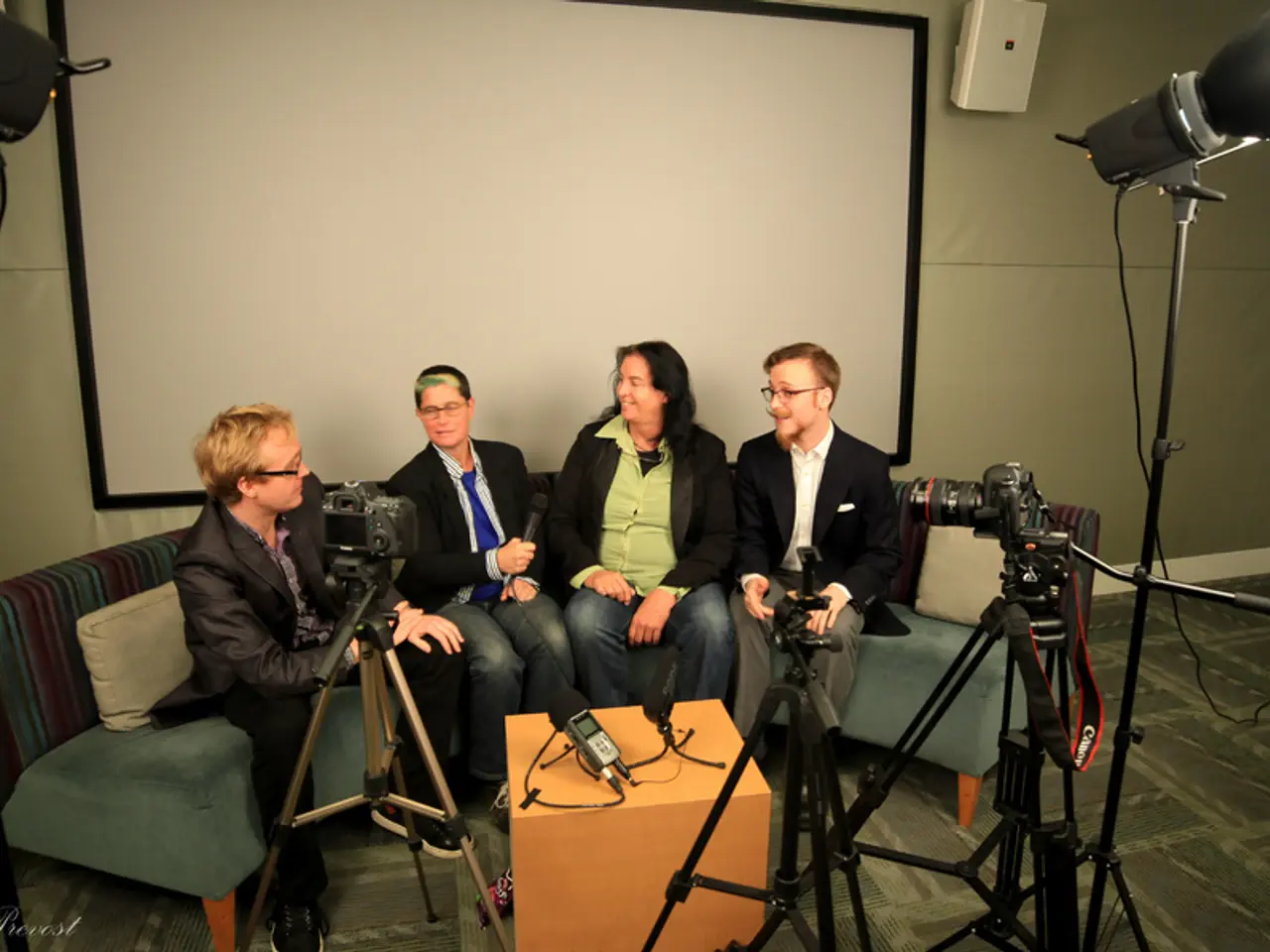Strategies for Job Hunting for College Students
When applying for a student job, it's essential to present a well-crafted application letter and CV to increase your chances of securing the position. Here's a comprehensive guide to help you craft a strong application.
**Application Letter (Cover Letter) Structure and Content**
A cover letter for a student job typically follows a clear, persuasive structure, with three main parts:
1. **Introduction** - Introduce yourself briefly. - State the job position you’re applying for. - Mention how you heard about the job. - Express enthusiasm about the role and company.
2. **Body Paragraph(s)** - Highlight your relevant skills, experiences, and achievements. - Match your qualifications to the job description using the employer's own language. - Avoid repeating your CV verbatim; explain how your experiences make you a good fit.
3. **Closing** - Summarize why you’re a great candidate. - Express thanks for considering your application. - Include a call to action, such as your availability for an interview and how best to contact you. - Use a formal closing like "Sincerely," followed by your name.
**CV Structure and Content for Students**
Your CV as a student should be clear, concise, and focused on your potential and skills rather than extensive job experience. Key sections include:
- **Contact Information:** Full name, phone number, email address, and location. - **Personal Summary (optional):** A brief paragraph outlining who you are professionally and what you seek. - **Education:** List your current studies with institution name, course, and expected graduation date. Include relevant coursework if applicable. - **Relevant Experience:** Include part-time jobs, internships, volunteering, projects, or extracurricular activities that demonstrate skills relevant to the job. - **Skills:** Both technical (e.g., computer programs) and soft skills (e.g., teamwork, communication). - **Additional Sections (optional):** Certifications, awards, languages, or hobbies if relevant.
*Important:* Keep your CV concise, ideally one page, and tailor it to each role emphasizing the most related skills and experiences.
**Tips for Finding Job Listings**
- Search on company websites, job boards, and social media channels of companies you’re interested in. - Use keywords related to your skills and desired roles. - Research the company's goals, sector, and competitors to tailor your application effectively. - Keep track of deadlines and application requirements to avoid missing opportunities.
**Preparing for Job Interviews**
- Research the Employer: Understand their industry, products, culture, and the job role. - Practice Answers: Prepare responses to common interview questions, emphasizing your skills and how they relate to the position. - Prepare Questions: Have thoughtful questions ready to ask the interviewer about the role or company. - Dress Appropriately: Match the company culture but always aim to look neat and professional. - Bring Necessary Documents: Have copies of your CV, application letter, and any other required materials. - Be Punctual and Confident: Arrive early and maintain good posture and eye contact.
By following these steps, you can significantly improve your chances of securing a student job. Good luck with your job search!
In the process of crafting a strong application for a student job, it's crucial to demonstrate your commitment to education-and-self-development and personal-growth by highlighting your relevant skills, experiences, and achievements in your application letter and CV. Career-development and learning opportunities are essential aspects that potential employers look for, so ensure your CV focuses on your potential and skills, rather than extensive job experience.




